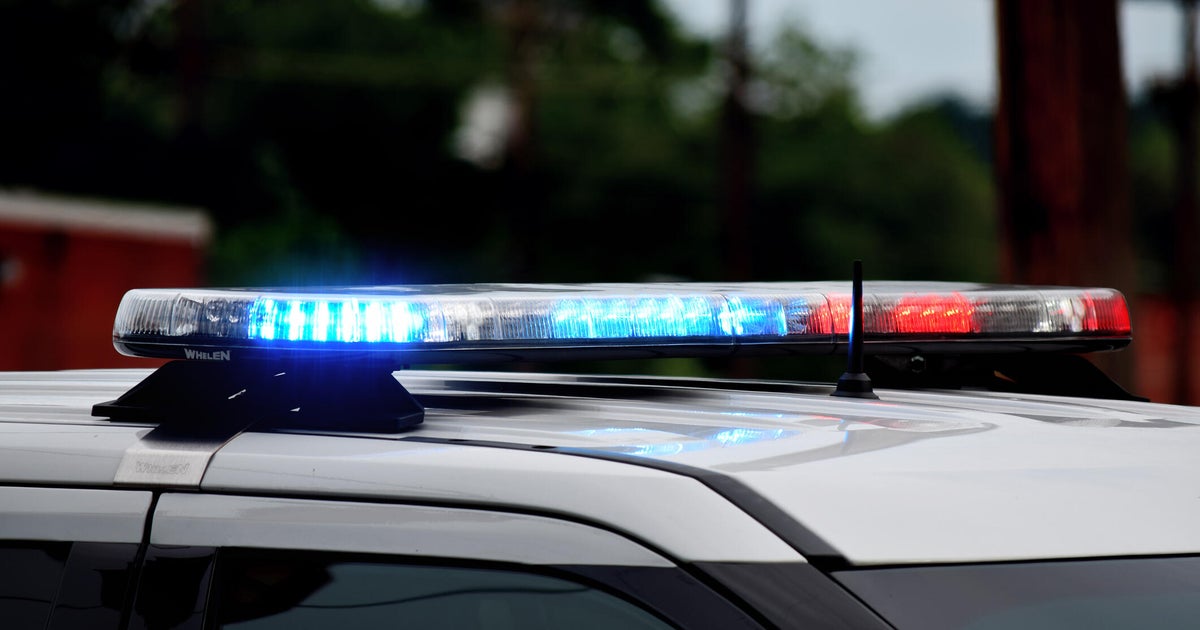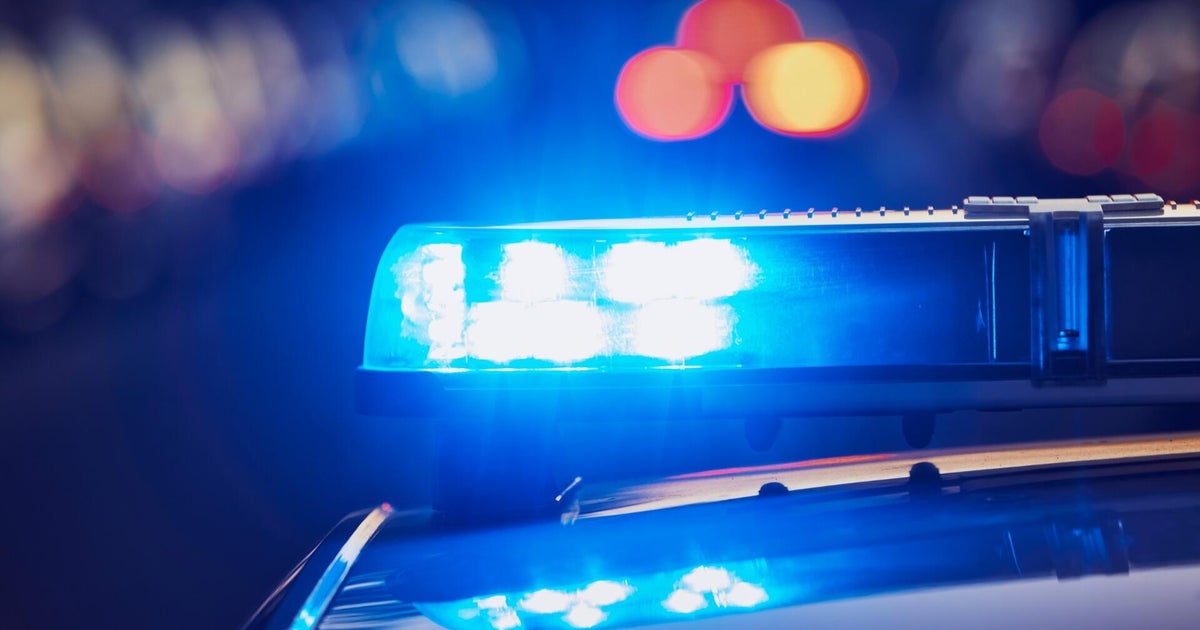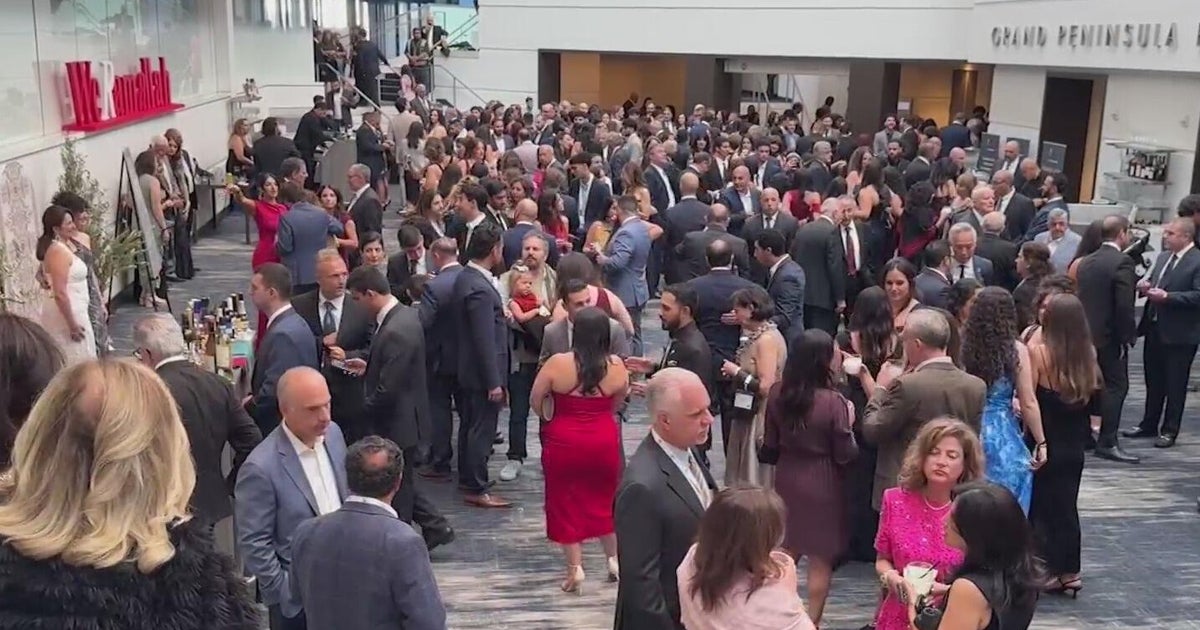Prosecutors Say Bonds Hid 'Powerful Secret'; Defense Claims 'Zero Evidence'
SAN FRANCISCO (CBS SF) -- A prosecutor told a federal jury in San Francisco Thursday that Barry Bonds lied to a grand jury in 2003 because he had "a powerful secret"—a secret that he was using steroids to build his home-run records.
The defense countered by saying the government presented "zero evidence" to support that claim and spent years pursuing the home-run king in a vendetta simply because, "He was Barry."
Closing arguments concluded and the perjury case went to the jury of eight women and four men for deliberations shortly before 4 p.m. Thursday. Court officials said the jury would continue deliberations on Friday.
>> CBS 5 Reporter Joe Vazquez Twitter Updates From Bonds Trial
>> KCBS Reporter Doug Sovern Twitter Updates From Bonds Trial
"All he had do to was tell the truth," prosecutor Jeff Nedrow told the jury in the court of U.S. District Judge Susan Illston in his closing argument in the trial, which was in its 12th day.
But "he chose not to tell the truth and that's why he's here," Nedrow said.
"The reason was the powerful secret he had been using steroids and human growth hormone in connection with his profession as a professional athlete," the prosecutor said.
"He had concerns it would taint his accomplishments he had achieved during his career," Nedrow said.
KCBS' Doug Sovern Reports:
Bonds, 46, set Major League Baseball's single-season home-run record in 2001 and the career record in 2007 while playing for the San Francisco Giants.
Bonds is on trial on charges of obstructing justice and allegedly telling three lies in 2003 testimony before a grand jury that was investigating sports drug distribution by the Burlingame-based Bay Area Laboratory Co-Operative, or BALCO.
The three alleged lies were his statements that he never knowingly received steroids or human growth hormone from his trainer Greg Anderson, or received any kind of injection from him.
Defense attorney Allen Ruby began his closing by declaring, "There has been a complete failure of proof by the government" on an essential element needed for a conviction.
That element, Ruby said, was proof that Bonds' 2003 testimony was material, or relevant, to the grand jury's work.
Under jury instructions read by Illston to the panel on Thursday, jurors must conclude not only that Bonds knowingly made a false statement but also that it was relevant to the grand jury's BALCO probe before they can convict him.
Ruby said prosecutors never explained during the trial how the grand jury worked or how Bonds' testimony affected what the grand jury did.
Ruby then told the jury that two prosecutors attempted to "intimidate" Bonds during that 2003 grand jury appearance by switching places 36 times to question the slugger.
"The prosecutors were being very cagey," said Ruby, alleging the government lawyers were attempting to confuse and humiliate Bonds. Ruby said the prosecutors failed - and they were angered by Bonds' demeanor.
"He was not intimidated," Ruby said. "A lot of the venom in the government's pursuit here was because he wasn't intimidated. He was not subservient. He was Barry."
The defense attorney also contended that prosecution witnesses lacked credibility.
"We respectfully submit that they have presented witnesses who are not to be believed," he said.
>> Photo Gallery: Barry Bonds Through The Years
Because Anderson refused to testify—and was jailed for contempt of court—prosecutors relied mainly on circumstantial evidence from former associates of Bonds and a former girlfriend to try to prove that he showed signs of steroid use and allegedly was aware of them.
Dressed in a dark blue suit, Bonds leaned forward at the defense table and occasionally sipped from a water bottle during closing arguments. He sat attentively between two of his lawyers as Nedrow discussed the testimony of Bonds' ex-girlfriend, Kimberly Bell, and his estranged best friend and ex-business partner, Steve Hoskins.
Bell testified about physical and behavioral changes she witnessed during her nine years with Bonds, including hair loss, acne, shrunken testicles and mood swings. Nedrow alleged those were side effects of steroid use.
Bonds told the grand jury he took two substances called "the clear" and "the cream" that were later identified as designer steroids, but told the panel he thought they were flaxseed oil and arthritis cream at the time.
Nedrow told jurors that Bonds' story was obviously false because the former baseball star was a rich, professional athlete who paid close attention to his body.
"He makes $17 million a year and doesn't know what he's taking," Nedrow rhetorically asked the jury. "That's his account and it's an account that's false."
The prosecution's strongest direct evidence related to the charge that Bonds lied when he said he never received any kind of injection from Anderson.
Kathy Hoskins, Steve Hoskins' sister and a former personal shopper for Bonds, testified that she saw Anderson give him an injection of an unidentified substance in the navel in 2002 while she was packing for him for a road trip.
"You heard Kathy Hoskins testify directly that she saw him injected and that the defendant told her it was a little something for the road and couldn't be detected," Nedrow told the jury.
Nedrow alleged that Bonds lied about his drug use because he wanted to keep it from his famous father, baseball legend Bobby Bonds and from the Giants organization.
"The defendant had a secret and he didn't want his dad to know about it," Nedrow said. Bobby Bonds died of cancer in 2003.
Nedrow again played a recording Steve Hoskins secretly made of a conversation he had with Anderson. Hoskins had testified that he made the recording in 2003 to prove to Bonds' father that his son was using steroids. Nedrow said the recording showed the two men discussing injecting Bonds with designer steroids.
Hoskins "cared about the defendant," Nedrow said. "He was worried about the dangerous effects of the drugs."
The defense team contends that Hoskins made the recording in an attempt to extort Bonds. In early 2003, Bonds accused Hoskins of selling memorabilia without Bonds' permission. Bonds severed his business relationship with Hoskins and also asked the Federal Bureau of Investigation to investigate Hoskins.
Ruby summed up the witness accounts that made it sound as if Anderson may have injected the baseball star numerous times as claims that were simply "made up" by Bonds' enemies.
Prosecutors presented a total of 25 witnesses in the trial, while defense attorneys rested their case without presenting any.
Bonds' trial, now in its third week, has attracted national interest. The San Francisco federal courtroom where the case is being tried was packed on Thursday with both spectators and media.
(Copyright 2011 by CBS San Francisco. All Rights Reserved. This material may not be published, broadcast, rewritten, or redistributed. Wire services may have contributed to this report.)



